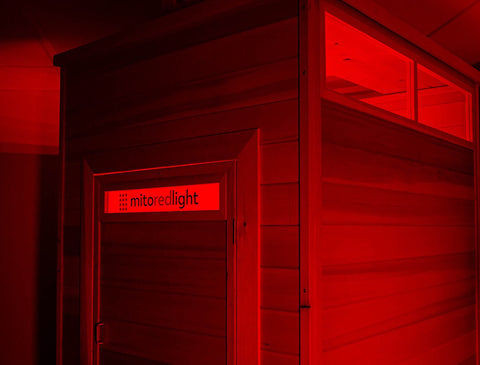Abstract
We evaluate the effects of low-level laser therapy (LLLT) on the histological modifications and temporal osteogenic genes expression during the initial phase of bone healing in a model of bone defect in rats. Sixty-four Wistar rats were divided into control and treated groups. Noncritical size bone defects were surgically created at the upper third of the tibia. Laser irradiation (Ga-Al-As laser 830 nm, 30 mW, 0.028 cm², 1.071 W/cm², 1 min and 34 s, 2.8 Joules, 100 J/cm²) was performed for 1, 2, 3, and 5 sessions. Histopathology revealed that treated animals presented higher inflammatory cells recruitment, especially 12 and 36 h postsurgery. Also, a better tissue organization at the site of the injury, with the presence of granulation tissue and new bone formation was observed on days three and five postsurgery in the treated animals. The quantitative real time polymerase chain reaction showed that LLLT produced a significantly increase in mRNA expression of Runx-2, 12 h and three days post-surgery, a significant upregulation of alkaline phosphatase mRNA expression after 36 h and three days post-surgery and a significant increase of osteocalcin mRNA expression after three and five days. We concluded that LLLT modulated the inflammatory process and accelerated bone repair, and this advanced repair pattern in the laser-treated groups may be related to the higher mRNA expression of genes presented by these animals.




















